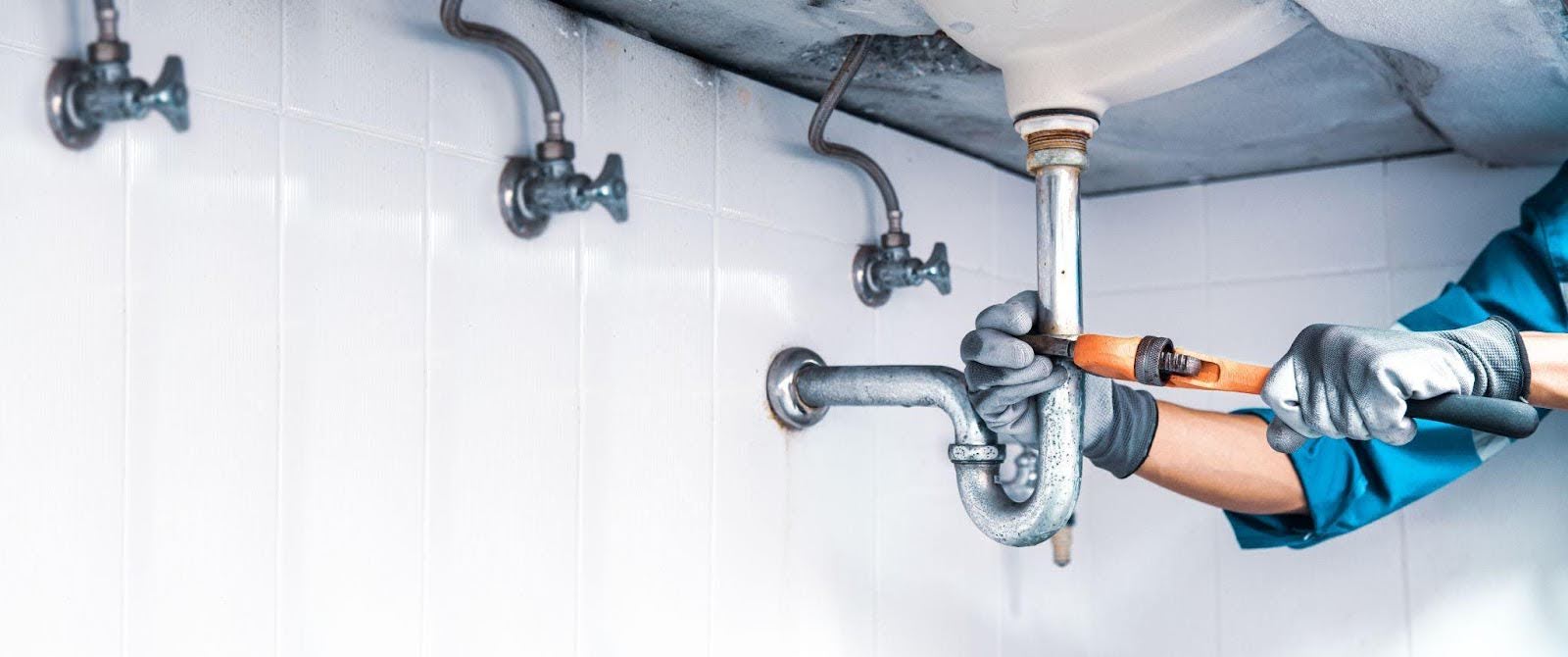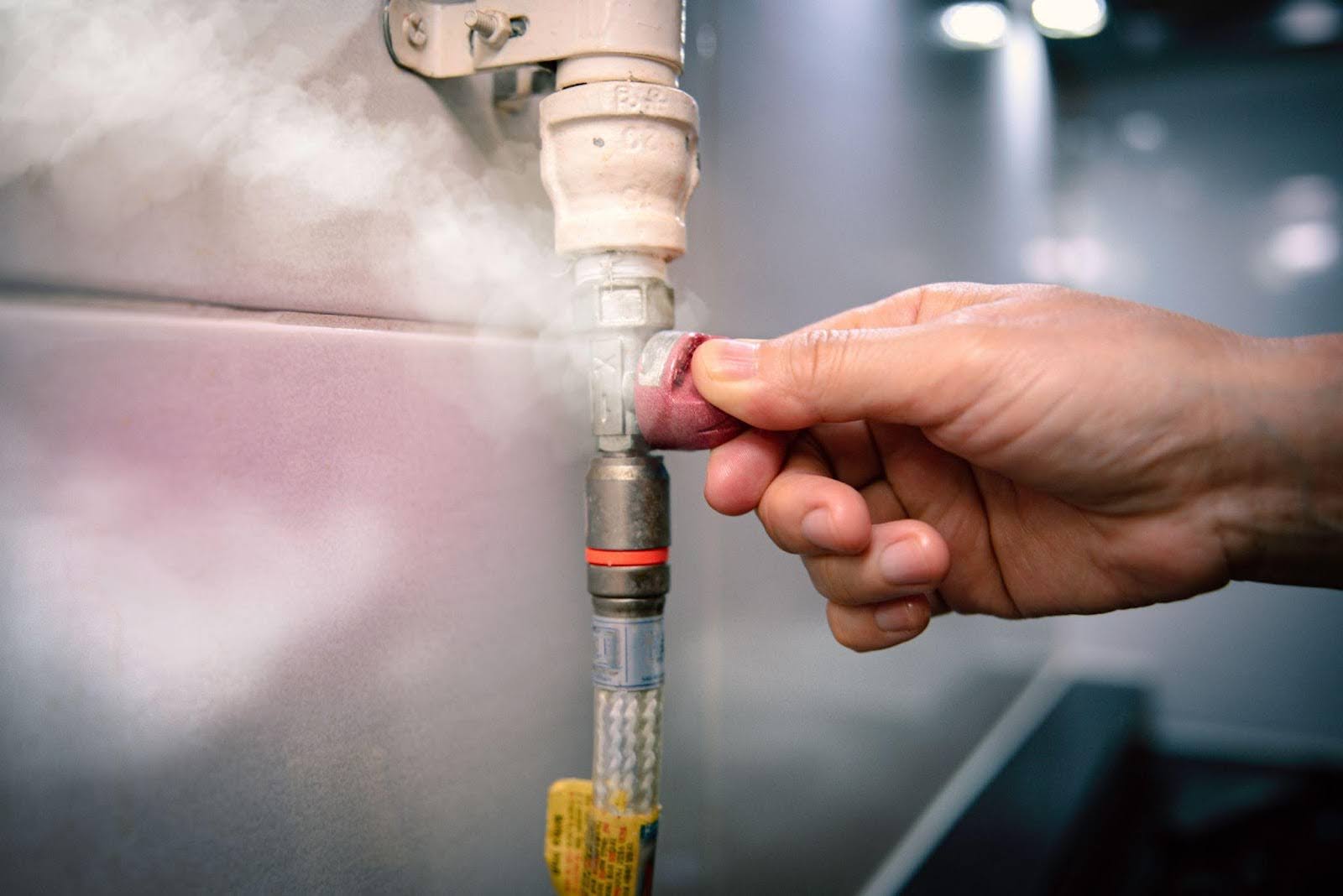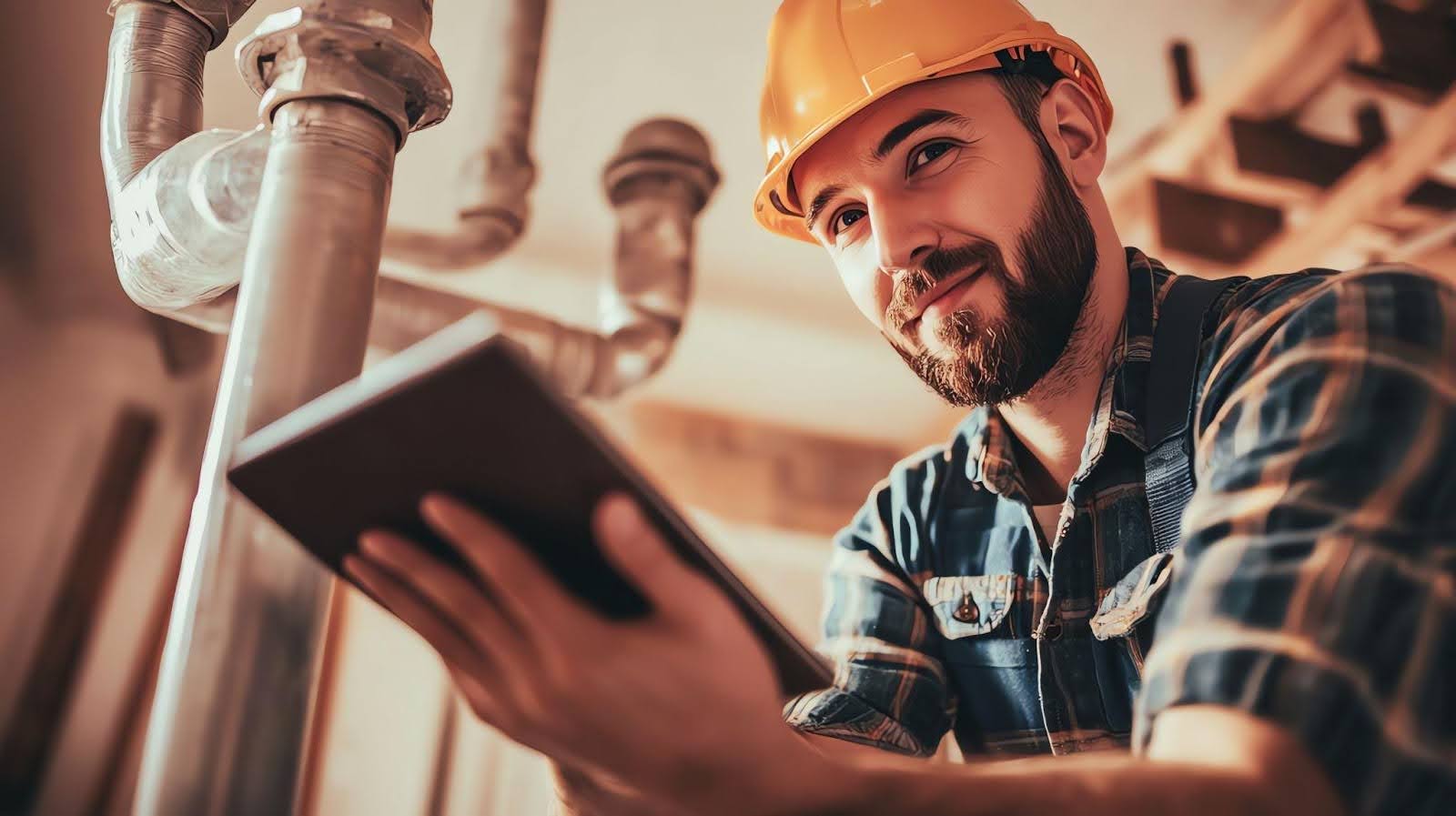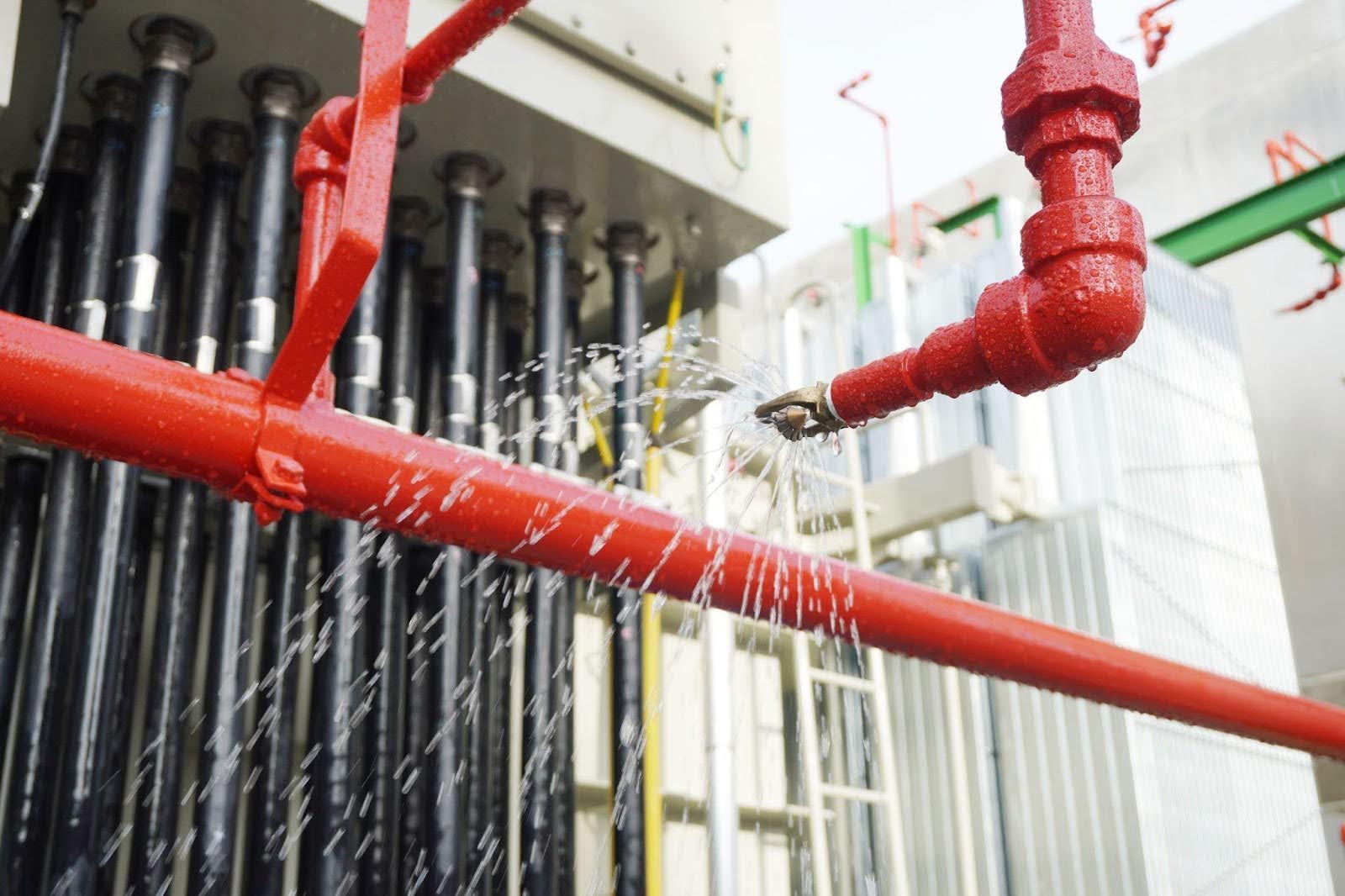Clean water treatments keep your home safe, your appliances running well, and your health protected. When water quality drops, problems spread fast — from clogged pipes to stained fixtures and foul smells.
Many homeowners blame the water source, but plumbing issues often play a huge role in what comes out of your tap. Understanding how your plumbing affects quality helps you stay ahead of trouble and fix problems before they get worse.
Strange taste or smell in your tap water
If your water smells like rotten eggs or tastes metallic, that’s a red flag. Sulfur, iron, chlorine, or bacteria in the water cause odd smells and unpleasant flavors. Old or corroded pipes may add to the problem by breaking down and releasing minerals into your water.
Galvanized pipes rust from the inside out. That rust not only changes the taste but creates health concerns over time. Replacing corroded lines with modern, non-metallic materials removes one of the most common plumbing problems tied to bad-tasting water.
A professional plumbing team inspects your system and installs new piping where needed to restore fresh, clean water flow.
Discolored water from your taps
Brown, yellow, or cloudy water tells you something is wrong — fast. Sediment buildup, pipe corrosion, or water main damage often leads to discolored water. Rust from aging pipes and mineral buildup inside old plumbing systems pollute your water and leave it looking dirty.
When sediment builds up in your water heater, it discolors the water throughout your home. A plumber flushes your system and removes the buildup before it ruins your appliances and fixtures. Fixing these plumbing problems early protects your quality of water and extends the life of your equipment.
Low water pressure throughout the house
Weak water pressure often starts inside the pipes. Sediment, mineral scale, or corrosion slows the flow and reduces pressure. Instead of blaming the city water supply, look at your plumbing problems first.
Old pipes clog with debris over time. Hard water makes this worse by coating the inside of pipes with minerals. A professional plumbing technician uses special tools to clear the lines or replace badly damaged sections. Upgrading your pipes fixes pressure problems and improves water quality at the same time.
Frequent plumbing leaks and pipe damage
If you deal with recurring leaks or unexplained pipe damage, your water might be the culprit. A professional plumbing service tests your water and checks your pipes for early signs of decay. Installing a water softener or filtration system helps prevent further damage and stops new leaks before they start.
Hard water stains on sinks and fixtures
White, chalky stains on faucets and showerheads often indicate hard water. Calcium and magnesium in the water stick to surfaces and build up over time. These minerals not only leave stains but also clog pipes and wear out appliances.
Water softeners remove these minerals before they enter your system. A plumber installs these systems directly into your home’s water line to protect every tap and fixture. Solving hard water issues with proper plumbing keeps surfaces clean and improves your home’s entire water quality.
Water heater issues linked to quality
If your water heater makes noise, produces less hot water, or takes forever to recover, poor quality of water might be behind it. Sediment settles at the bottom of the tank and forces the heater to work harder. That extra stress shortens its lifespan and raises your utility bill.
Routine water heater maintenance fixes this. A professional plumbing team flushes out sediment and checks for corrosion. In areas with extremely hard water, installing a filtration or softening system protects your heater and keeps it running efficiently.
Dirty or clogged water filters
Home filtration systems help fight bad water quality, but they fail when filters clog too quickly. If your filters fill up fast or stop working well, something upstream is dirtying your supply. Old plumbing systems or high sediment levels may clog filters faster than normal.
Inspecting your pipes helps identify what’s causing the buildup. If your main line or distribution pipes are the source, replacing or upgrading your system fixes the root cause. With cleaner lines, your filtration systems last longer and perform better.
Sometimes, bad water quality goes beyond pipes and fixtures by affecting your health. Water with bacteria, chlorine, or heavy metals irritates skin and causes digestive issues. Long-term exposure increases health risks, especially for children and older adults.
A full water test reveals hidden problems that affect your family’s well-being. A professional plumbing service provides testing and recommends upgrades or filtration options based on the results. Solving these plumbing problems protects your health and brings peace of mind.
Plumbing materials matter
Not all pipes are equal. Older homes with lead or galvanized pipes face more water quality issues than those with modern plumbing. As pipes age, they leach metals and break down internally. Even copper pipes suffer over time if water remains untreated.
Upgrading your plumbing system with safe, durable materials like PEX or PVC makes a huge difference. These modern pipes resist corrosion and keep your water clean. Working with a professional plumbing expert ensures your system meets today’s safety standards.
Water softeners and filtration systems make a difference
Many quality issues link back to what’s coming into your home. Hard water, high chlorine, or sediment-rich sources damage your system and affect your health. Installing the right water treatment equipment prevents most of these problems.
A licensed plumber installs softeners, reverse osmosis systems, and sediment filters based on your needs. These tools work together to improve your water, protect your pipes, and reduce the wear on appliances. Better water means fewer plumbing problems in the long run.
Prevent future water quality issues
Prevention always beats repair. Stay ahead of plumbing problems by scheduling routine inspections. A professional checks for leaks, monitors pressure, and tests your water quality before issues get out of hand.
Catch corrosion, buildup, or material breakdown early to avoid expensive replacements. Ask a professional plumbing team about annual maintenance plans or whole-house water testing. That extra step saves you time, money, and frustration.
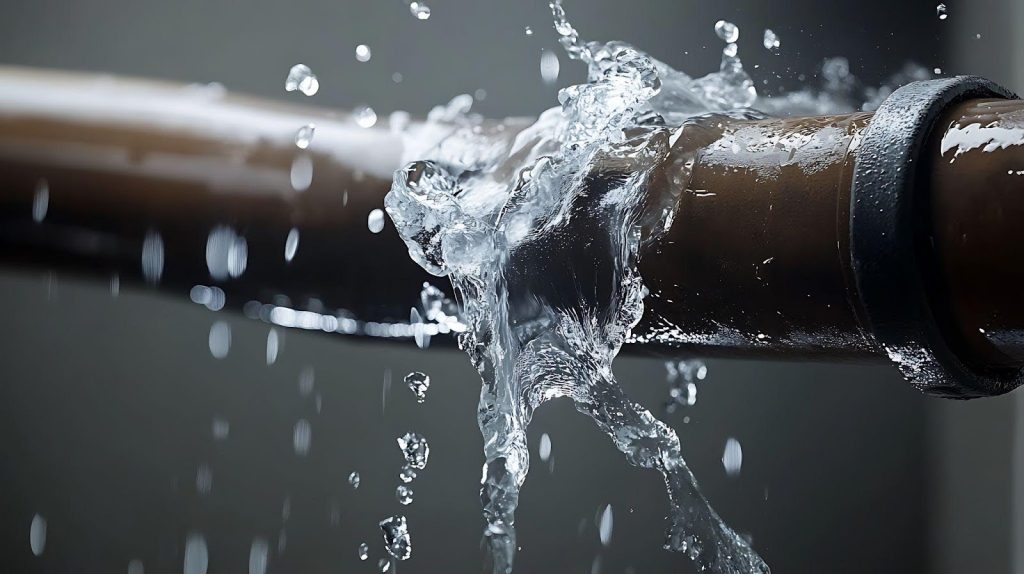
Call Salisbury Plumbing today
Your plumbing system plays a huge role in your water quality — and most people don’t realize it. When problems like low pressure, stains, odd smells, or rising utility bills appear, your pipes might be the cause. Minor issues grow fast if you ignore them.
Improve water quality and protect your plumbing with Salisbury Plumbing.
If ignored, water quality issues like discolored water, strange smells, and hard water buildup lead to serious plumbing damage.
Salisbury Plumbing identifies the source, fixes the problem, and improves your water and plumbing system. From leaks to mineral buildup, our expert team delivers long-lasting solutions that protect your home.
Call Salisbury Plumbing at 385-438-6647 today for fast, reliable help.


